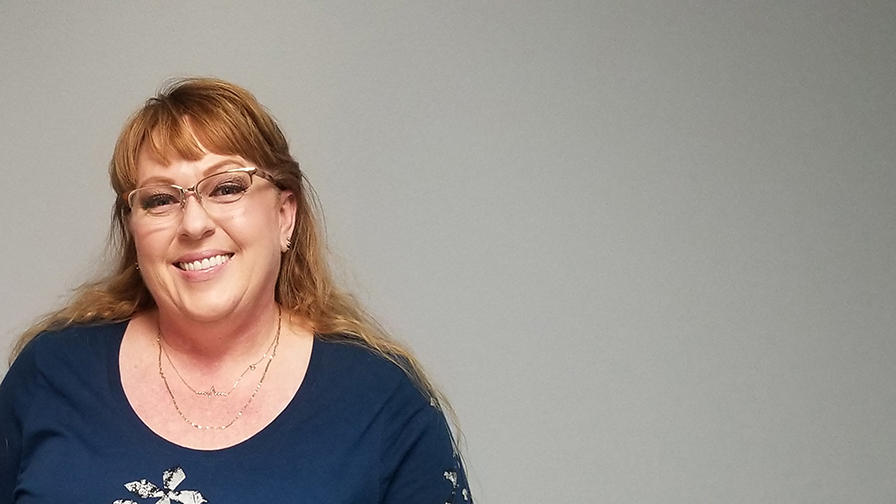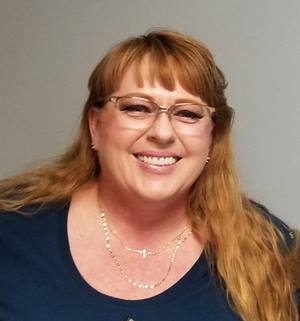

Jill Kowallis, RN, helped a patient break the language barrier.
An Intermountain patient fighting COVID-19 and multiple related complications faced an additional obstacle as he tried to heal. No one could understand him and he couldn’t understand them.
When Jill Kowallis, RN, figured out what language he spoke and was able to connect with him through an interpreter iPad, his first words weren’t about the frustration of not being able to communicate or any pain he was experiencing.
“When he was able to speak, his words were words of gratitude,” Jill says. “He wanted people to know how grateful he was for everyone and anyone who had been caring for him.”
When Jill, who works in surgical transplant at Intermountain Medical Center, first started working with the patient, the other nurses on her team hadn’t yet been able to figure out what language he spoke.
“It’s just so critical for a patient to be able to communicate with those who are caring for him,” Jill says.
Carlos Martinez-Moralez, Intermountain’s Language Services and Cultural Competence manager, agrees.
“We have a commitment to ensure everyone has access to our services and the ability to feel safe, welcome, and at ease,” he says. “Patients need to stay informed as they participate in their care. The Language Services department is accessible 24/7 to help provide guidance, clarify language or communication needs, and match available resources.”
Jill asked her patient what his language was and started writing it on a white board in his room, working with him to figure it out one letter at a time. She thinks he knew how to write it in English because he was able to confirm the spelling when she got it right.
Nurses had already approached Language Services for help but the initial spelling they had of the man’s language didn’t match up with anything they had on file. With Jill’s correct spelling they found a language match and said she could use an interpretation iPad to communicate with her patient. While some of Language Service’s help is offered in person, most of it is now done remotely. Jill went and got an interpretation iPad and was finally able to speak with him. They connected for about 20 minutes.
“I almost left the room crying,” she says. “I felt like maybe I was the first person in the hospital who ever had a chance to just have a conversation with him. Can you imagine if you were hospitalized in a different country where you didn’t speak their language, and you know people are coming in and talking to you in a different language, doing things and administering things to you? What would it be like if you couldn’t express yourself? Can you imagine how difficult that would be? You couldn’t ask what’s going on. If you were having pain, you couldn’t describe that to your nurse or know what your treatment plan was.”
Jill says one of the first things she said to him was, “You’re going to be okay. We’re taking care of you. You’re on the upswing.”
The man had some complex problems and had three different teams collaborating on his care who were able to communicate with him once he broke his language barrier, Jill says.
“Sometimes people face some difficult and challenging situations when they come to the hospital for help,” Jill says. “It’s dramatically more complicated when the patient doesn’t know what his options are. I’m glad we were able to find a way to talk with him about his care and listen to his concerns.”
Jill’s manager, Kenna Johnson, RN, says that Jill can be a determined advocate for her patients who sees things through to completion. When Jill told her about this patient, Kenna said there were tears in Jill’s eyes because she was so concerned about him.
“If she sees something that needs to be taken care of, she doesn’t just bring it to your attention once,” Kenna says. “If she knows her patient needs something, she is all over it.”
“Jill is a great example of cultural sensitivity from our caregivers, and the importance of taking the time to get to know your patient’s needs and listening even when there is a language or communication barrier,” Carlos says.

